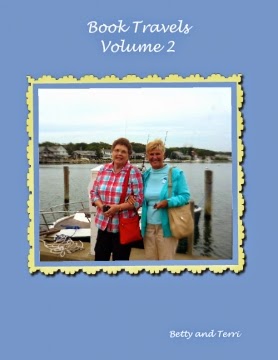 Yesterday, I was recovering from a bout with intestinal flu. When I moved from my bed to the chair, my husband had lots of fluids ready for me- jello, gatorade, ginger ale, etc. And, alongside those remedies, I found a magazine- "The Enquirer".
Yesterday, I was recovering from a bout with intestinal flu. When I moved from my bed to the chair, my husband had lots of fluids ready for me- jello, gatorade, ginger ale, etc. And, alongside those remedies, I found a magazine- "The Enquirer".I sometimes have a look at these magazines as I pass the checkout at the drug store, but certainly they aren't enjoyable for regular reading.
However, when I was feeling so weak, it seemed to be just what I needed- bits and pieces of gossip, written in a dramatic way.
This morning, I am feeling better and have picked up a book that I had started reading- "A Whole New Mind", by Daniel Pink.
 His premise is that the world is moving from the Information Age into a new era. He calls it the 'Conceptual Age'. Left-brain skills will not be as important- logical, linear, computerlike capabilities.
His premise is that the world is moving from the Information Age into a new era. He calls it the 'Conceptual Age'. Left-brain skills will not be as important- logical, linear, computerlike capabilities. The future belongs to right-brained people (artists, inventors, designers, storytellers, caregivers, consolers).
His reasons for the change are these:
1.) material abundance that is deepening our nonmaterial yearnings
2.) globalization that is shipping white-collar work overseas
3.) powerful technologies that are eliminating certain kinds of work altogether
The elements that he believes will be important in the future are: design, story, symphony, empathy, play, and meaning.
It seems like a strange concept but as you read, it begins to make sense. I am finding this book quite fascinating and I am thinking of buying copies for my grandchildren. Oprah gave a copy to each Harvard graduate this year. I saw her interview with Daniel and found his ideas thought-provoking.
And, there is a connection here. Story is important whether it is in a book, on the news, shared around the table, or in gossip magazines. People thrive on story.




































.jpg)








